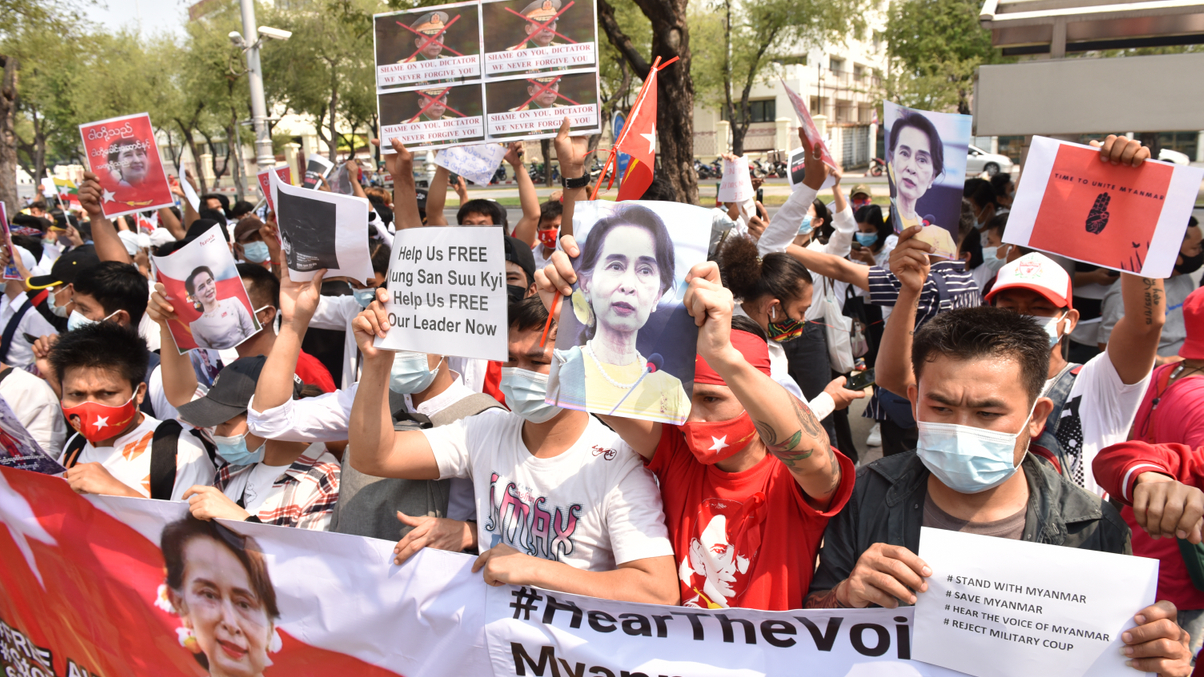Investors in Myanmar face tough call after coup
The country's recent coup leaves foreign investors with a dilemma. Do they pull out and risk hurting local people, or stick in a country that is now ruled by a junta?

Institutional investors and fund managers face a quandary with Myanmar; should they pull back entirely from a country that has suffered a coup after years of seeming political and economic progress, or should they bide their time?
Sign in to read on!
Registered users get 2 free articles in 30 days.
Subscribers have full unlimited access to AsianInvestor
Not signed up? New users get 2 free articles per month, plus a 7-day unlimited free trial.
¬ Haymarket Media Limited. All rights reserved.


